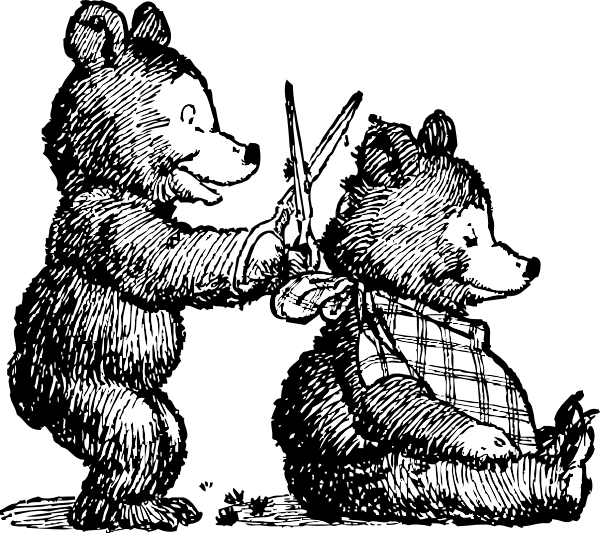Book lengths, who doesn't complain about them? I sure do. Sometimes they're too short, but I mostly find myself labeling them as too long. How useful and valid are such statements?
I thought of addressing this topic when I came across this statement in a two-star review of the Mistborn trilogy by Brandon Sanderson:
At around 700 pages per book, Sanderson (or his editors) got really bad at separating what's necessary for storytelling from pointless drivel. In book 2, for example, the first 500 pages could be summed up as city under siege, Eland is a philosopher and not a ruler, gets overthrown.
First off, I'm always interested in reading the contrary side of things. If I liked a book, it helps me understand people better by learning why they didn't. Same for any political of religious issue. I think a certain way, so what is it that convinces you to think otherwise? But sentence 2 quoted above clearly shows the reviewer's lack of understanding of prose.
You see, every single book that you read can be summarized. But that's not the point. No one doing leisure reading just wants the summary. It's all about engrossing yourself in the plot and going through experiences with the characters. When I read the line city under siege, I really don't give a hoot about it. But when I read the book and I know the characters, it comes alive and I feel a portion of what they (theoretically) went through. That's the power of prose.
But certainly there's a point where it becomes too much. I found myself thinking this as I read Name of the Wind by Partick Rothfuss. I definitely enjoyed the book, but I felt as if a little too much time was spent on unnecessary description. I think I would have enjoyed the book a fair amount more had it been 100 or so pages shorter. It would still be over 600 pages long, but the story would move just a bit faster.
In the end, it's up to the writer to decide when the story is far too pregnant or barren. That's a good way to think of it. I've read some stories that were so pregnant I got morning sickness. I'm just sitting there thinking give birth already! But at the same time, you can strip any story down until it's just a plot summary. There are things that I write that don't straightway contribute to the plot, but they contribute to the overall experience. A good author knows when the threshold is crossed where these ancillary anecdotes start detracting. This is called hormesis, or the too much of a good thing model. Figure out how it works.


No comments:
Post a Comment